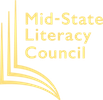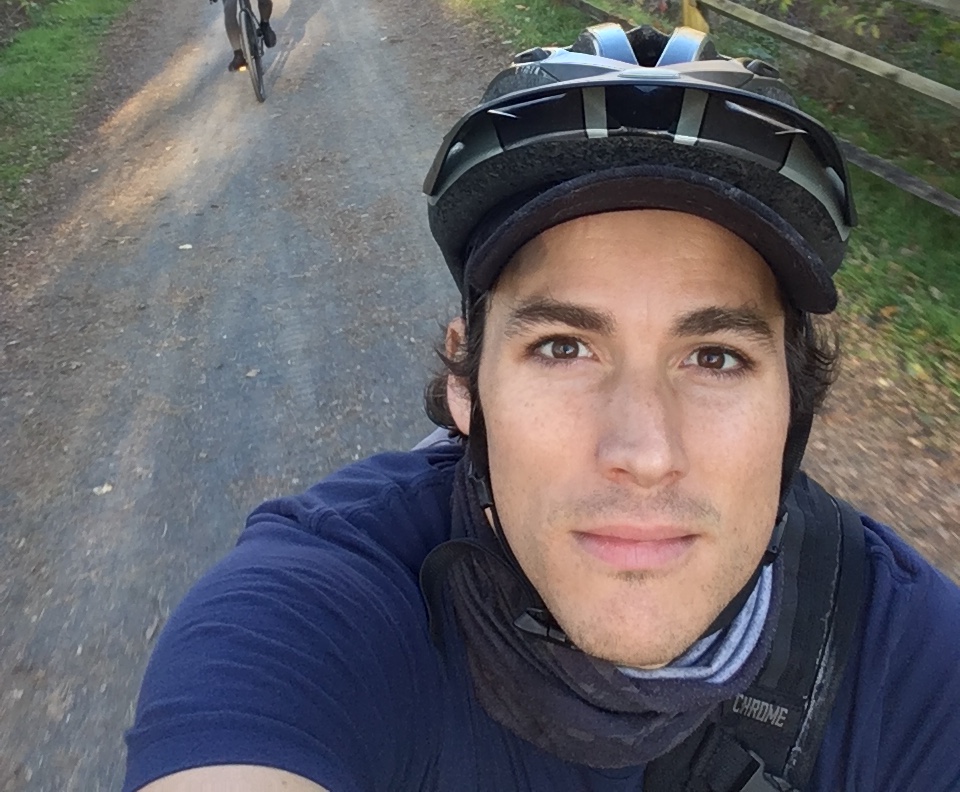“You seem so invested in learning a new language and improving your ability to communicate with the local community, why is that?” I asked.
“Well, I am new here and want to understand what people are saying. I want them to understand me when I speak. I want to be heard, and I want to have a voice, so when I speak people really listen and care.” My student responded.
Literacy is our ability to read, write, speak and listen. To understand and navigate our lived experience; literacy isn’t something that only occurs at a specific time of our lives, or a specific time of our human development. Literacy is a tool that we use throughout the lifespan, our entire life, and a skill that we develop with the help of systems, and the interaction of these systems throughout our lifespan. These systems include our personal health and biology, our family, our community, education, culture, political structures and forces, religious institutions, the material world we inhabit, and the resources we have.
“Why do you feel like you aren’t heard?” I asked.
“Well, I have spent so much time learning a new language. I am well-educated in my first language, yet it doesn’t seem to matter, I talk and feel dumb; I’m not heard.” My student said.
Literacy and the interaction of systems can guide our understanding and acclimation into a new or changing system of sociocultural experience. This system and our experience in it are guided by our personal human development, our chronological time and place during our lived experience, as experienced and understood through our language development. We think and understand the world through our language development, and our language develops through the synthesis of experience and understanding of our experience, dialectically.
The human lifespan presents challenges and adversity, and our ability to adjust and adapt to these changes can have a meaningful impact on our lives. The human experience can be one of great tumult, and many language learners are the most susceptible to difficult and challenging experiences. As educators and literacy advocates, we must recognize and empathize with these populations, language learning is a crucial tool for human development. Literacy should be maintained and nourished throughout the lifespan, a tool that is honed and sharpened. In this way, we bolster our resilience and will be empowered to adjust to the changes in our lives more effectively.
“I’m getting older, and I recognize that my mental faculties are diminished. Regardless, I want to be able to manage my life and be respected when I talk to people.” Another student told me.
Literacy as a tool throughout the lifespan must recognize the fact that this tool may erode over time, and its maintenance must adapt to this reality. Part of the human lifespan is one of senescence, a diminishing of ability and function, all the way to death. As literacy educators and advocates, we must continue to nourish the human ability to read, write, speak and listen, throughout the lifespan. A well-nourished person, and their human development, includes a lifespan of literacy.



